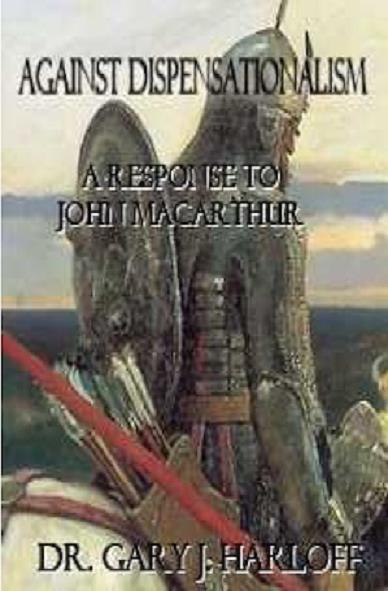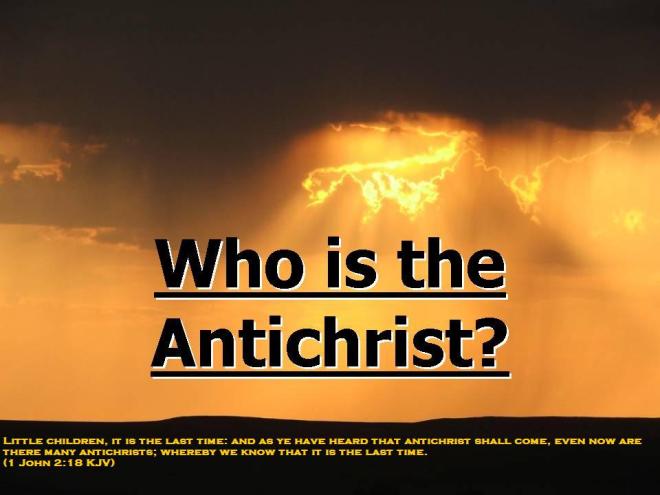Truth Matters… The truth will make you free (Jn 8:32)
2-9-2012 G.J. Harloff, Ph.D.
North Olmsted, Ohio 44070
Abstract
This pamphlet examines the veracity of Bible teaching based on literal interpretation and spoof-texting. Spoof-texting is a teaching method that employs a word-search- approach to present lots of scriptures without time for thought. It is concluded that man-centric literal interpretation, including spoof-texting, leads directly to the different literal system discussed herein. This literal system is dispensationalism and is in wide spread use today.
MacArthur asks for Biblical proof (in GC 70-16 tape) that the Old Testament Israel is the church. This booklet is partly about illustrating this proof and attempts to show: (1) the Bible teaches that there is a continuation between spiritual (individual believing) Israel and the church, (2) the mystery in the New Testament is not that there is a church, but rather that Gentiles are fellow heirs of the same body and partakers of His promise in Christ, (3) believing Gentiles historically joined Israel in the Old Testament, (4) the “new man” in the New Testament is comprised of believing Jews and Gentiles, (5) those who believe in Christ (that Christ is the Messiah, died for our sins, and was resurrected to eternal life) are children of Abraham and all believers are part of the “olive tree” nourished by Christ, (6) the Old Testament prediction of the New Covenant “But this is the covenant which I will make with the house of Israel after those days,” declares the LORD, “I will put My law within them and on their heart I will write it; and I will be their God, and they shall be My people .” (Jer 31:33) is synonymous with the New Covenant announced by Christ at His last supper, and (7) salvation in Christ is the same in both the Old and New Testaments because no one comes to the Father except through Christ.
Introduction
This pamphlet compares the assumptions of a literalistic system with reformed theology and scriptural references are cited. Of course reformed theology and or the different literal system may both be wrong. The literal system rejects the continuation of the Old Testament believers into the New Testament church and instead assumes that Israel “temporarily” forfeited the privilege of being “the people of God”.
We are instructed by scripture to oppose incorrect teaching (Gal 2:11-14), and to search the scripture daily to test its true interpretation (Acts 17:11). We need to be in the Word daily to discern the truth with the help of the Holy Spirit. Continue reading




